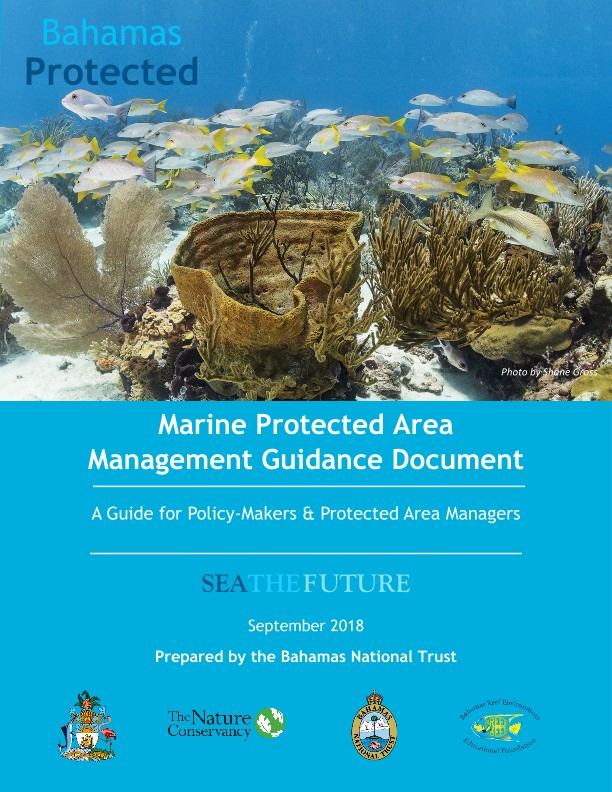
The archipelago of The Bahamas spans across 100,000 square miles of which approximately 95% of it is ocean. Bahamians rely on our ocean ecosystem to thrive today and in the future.
It is imperative to protect the long-term health and productivity of the marine resources that millions of residents and visitors rely on every day. The Bahamas has long been a Caribbean leader in ocean conservation and currently has ten percent of its waters declared as marine protected areas.
Our work in this area prioritizes balancing environmental sustainability and supporting the needs of communities that depend on these areas. This includes supporting effective marine management and implementation of regulations because the establishment of MPA’s that exist only on paper, is not sufficient to protecting Bahamian biodiversity and the resources communities depend on.
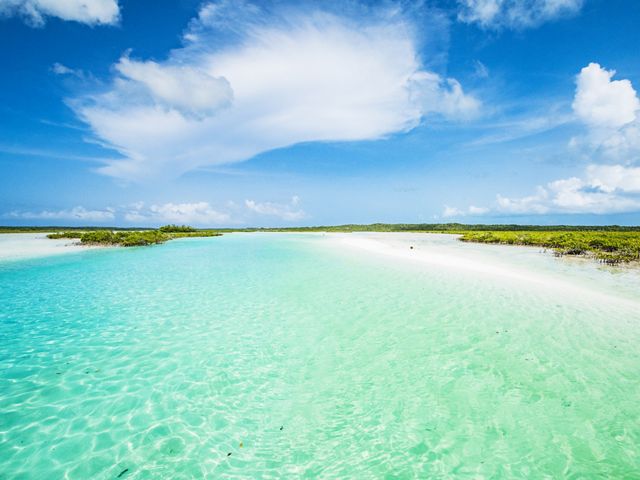
Objectives
- Support legal establishment of newly declared MPAs to achieve the 20% CCI goal.
- Increase sustainable financing dedicated to MPA management.
- Increase public awareness of MPA boundaries and regulations to encourage stakeholder compliance.
- Improve capacity of enforcement agencies to manage MPAs.
- Promote increased participation of local communities in the co-management of MPAs.
- Support creation and implementation of climate-smart management plans for selected MPAs.
- Stimulate sustainable, economic opportunities for local communities associated with MPAs.
Download
How marine protected areas across The Bahamas tackle the problem of decreasing populations of commercially important species
Download
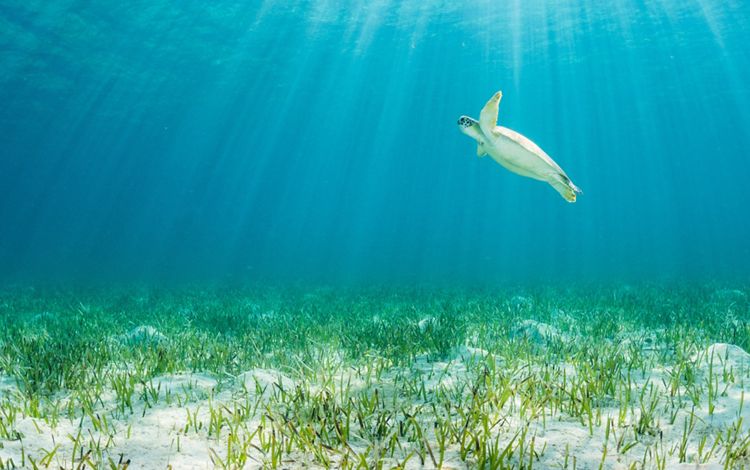
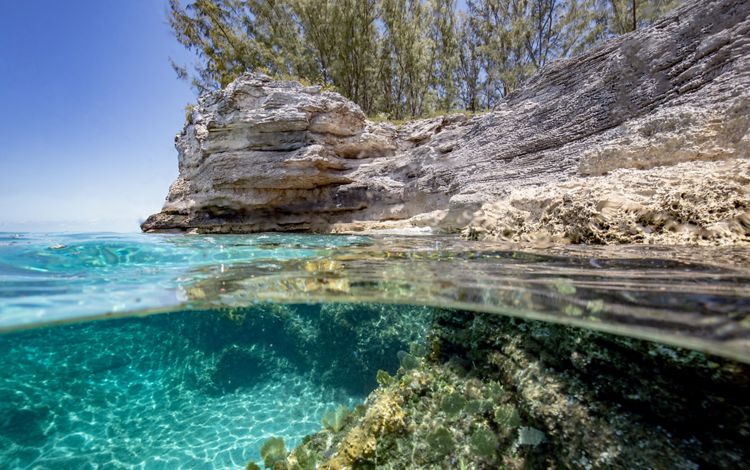
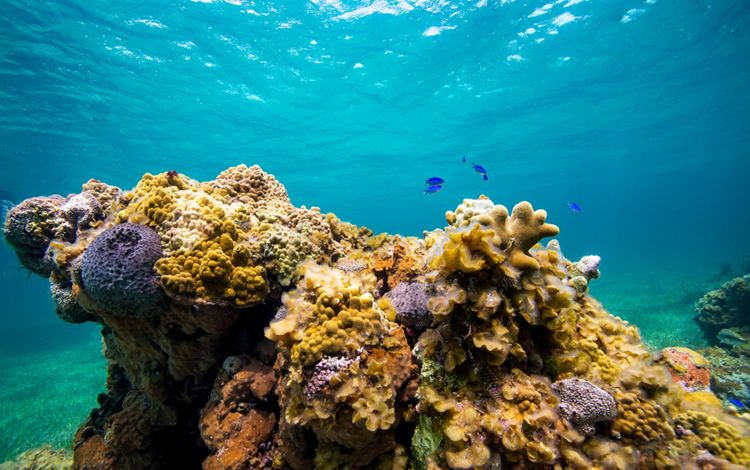

Current Work/Projects
GEF MPA Ecosystem Zoning Plan
The Nature Conservancy (TNC) has been contracted as the technical consultant by The Bahamas to complete Ecosystem-wide Zoning Plans (EZP) for five marine protected areas (MPAs) managed by the Bahamas National Trust (BNT). This work is being implemented under the Global Environment Fund GEF 2020: Meeting the Challenge of 2020 in The Bahamas project being executed by the Department of Environmental Planning & Protection, Ministry of the Environment & Natural Resources. This is a participatory process that looks at the scientific information available and consult with the community and other stakeholders of the protected areas to define what activities can occur within a specified area. This is to ensure the protection of the marine environment and to separate potentially conflicting activities while balancing how nearby communities use the area.
The five MPAs/national parks are:
- Andros West Side National Park (AWSNP) – Andros Island
- Bonefish Pond National Park (BPNP) – New Providence Island
- Exuma Cays Land and Sea Park (ECLSP) – The Exumas
- Lucayan National Park (LNP) – Grand Bahama Island
- Moriah Harbour Cay National Park (MHCNP) – The Exumas

MPA Co-Management
This two-part project includes a Marine Protected Area (MPA) framework report and a scoping exercise to evaluate this process within two MPA’s in The Bahamas. An Effective co-management feasibility study serves as a critical initial step in establishing an MPA with shared governance. It assesses stakeholder interests and capacities, evaluates legal and policy frameworks, examines the ecological and socioeconomic context, and analyzes existing governance structures.
